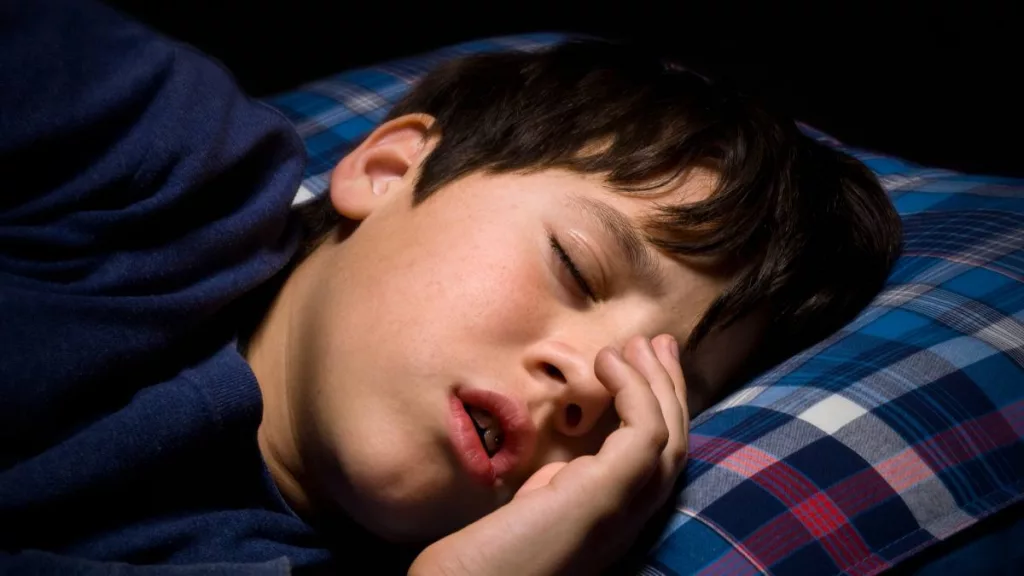Autism & Sleep: Tips for Improving Sleep Patterns in Children with ASD


Introduction:
Parenting a child with autism brings challenges, and sleep disruption stands out. This guide aims to help parents grasp the connection between sleep issues and autism. It provides practical tips and strategies to improve your child’s sleep and overall well-being. We’ll delve into common sleep problems, their influence on behavior, potential causes, and practical solutions—all presented in a straightforward and accessible way.
Sleep is crucial for everyone but can be tricky for children with autism. About 40-80% of kids on the spectrum face sleep difficulties, which worries parents. Sleep helps restore energy, build brains, strengthen memory, and boost cognitive abilities.
Poor sleep can magnify challenging behaviors in children with autism. Think of irritability, aggression, hyperactivity, and communication struggles. Seeing the connection between sleep and behavior is crucial for parents aiming to enhance their child’s overall quality of life.
You can read more about aggression in Autistic children: Managing Hitting and Laughing Behaviors in Autistic Children
Autism is diverse, and sleep troubles vary. Here are a few common issues:
Prolonged Sleep Latency: Hard time falling asleep.
Decreased Sleep Efficiency: Waking up a lot during the night.
Reduced Total Sleep Time: Not getting enough sleep overall.
Daytime Sleepiness: Feeling tired during the day.
Bedtime Resistance: Not wanting to sleep.
Waking After Sleep-Onset: Waking up and struggling to fall back asleep.
Figuring out what’s behind sleep problems is vital to finding solutions. Some causes of sleep issues in kids with autism include:
Messy Body Clocks: Disrupted internal clocks.
Tummy Troubles: Stomach issues that bring discomfort.
Seizures and Sleep: Epilepsy messing with sleep patterns.
Other Hurdles: Conditions like anxiety and ADHD that affect sleep.
Medicine Matters: Some meds might mess up sleep routines.
Parents can make a real difference in helping their children sleep better. Here’s what to try:
Same Routine, Every Time: Set up a bedtime routine to wind down.
Screen Time Slowdown: Less screen before sleep.
Cozy Sleep Zone: Make their room comfy for sleep.
Move It: Encourage them to be active during the day.
Melatonin Musings: Talk to a doctor about melatonin supplements.
Behavioral Boost: Behavioral therapy can help with sleep and behavior.
Pro Help: Consult experts for personalized strategies.
For parents aiming to enhance the lives of their children with autism, it’s crucial to grasp the intricate connection between sleep and behavior. By recognizing the specific sleep challenges your child faces and how they affect their daily life, you open the door to finding customized solutions that truly make a difference. This approach empowers you to discover effective strategies that are perfectly suited to your child’s individual needs and contribute to a better quality of life overall.
Conclusion:
Navigating sleep issues in kids with autism needs patience, openness, and a willingness to try new things. As parents, your dedication to solving sleep struggles can lead to positive changes. You’re boosting your child’s well-being by helping your child develop healthy sleep habits. This sets a foundation for better behavior, communication, and life quality. Remember seeking professional advice and joining support networks can provide helpful guidance on this journey.
Kids with autism may have messed-up sleep-wake cycles. They can also face tummy troubles and anxiety, making sleep tricky.
Insufficient sleep can make behavior issues worse. Kids might get cranky, aggressive, or restless. Fixing rest can make behavior better.
Some kids have trouble falling asleep (it takes long), wake up a lot (fragmented sleep), or resist bedtime. They might feel tired during the day or wake up too early.
Try a bedtime routine, fewer screens before sleep, a cozy room, more daytime activity, maybe melatonin (ask a doc), and behavioral tricks.
Melatonin helps sleep-wake cycles. Ask a doctor before using it so you know the correct dose and if it’s safe with other meds.
Remember, each child is different. Be patient, watch their sleep, and ask pros for help. Better sleep can boost behavior and make life better.
Related Articles:
References:
1. Cohen, S., Conduit, R., Lockley, S.W. et al. The relationship between sleep and behavior in autism spectrum disorder (ASD): a review. J Neurodevelop Disord 6, 44 (2014).
2. American Psychiatric Association
3. American Academy of Sleep Medicine